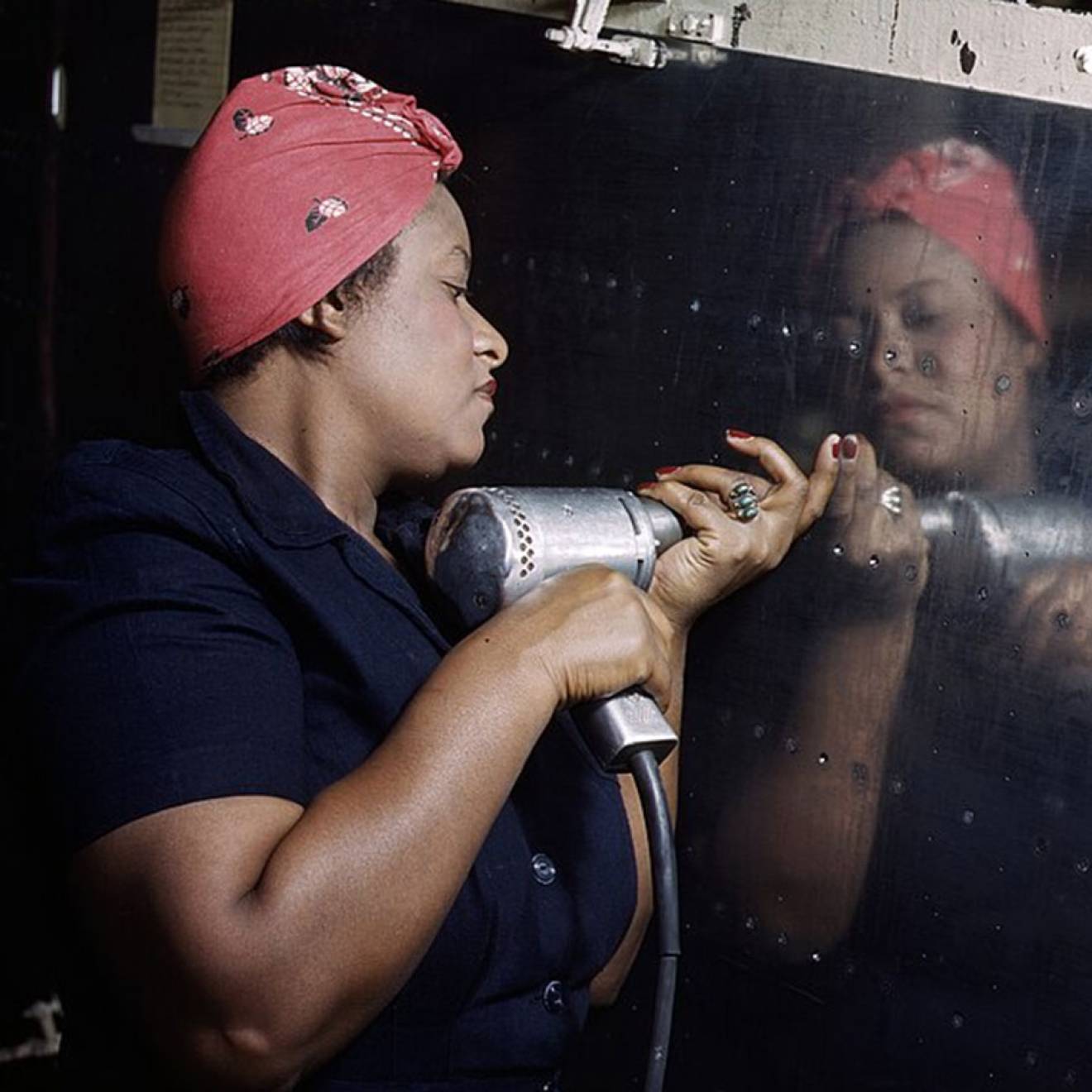Sarah Nightingale , UC Riverside

A new analysis of recently available U.S. Census data finds that ownership, revenues, and hiring are growing significantly faster among businesses owned by blacks than they are among ‘total’ businesses in the United States, California, and the Inland Southern California region. Equally impressive, in Inland Southern California, the share of black-owned businesses is converging closer to, and even outstripping, the share of all blacks employed in the region.
The study, released today by the UC Riverside School of Business Administration Center for Economic Forecasting and Development, examines data from the U.S Census Bureau’s newest Survey of Business Owners, which is published once every five years and provides the most current snapshot of the nation’s proprietors. The most recent Survey includes data on business owners through 2012 and was released this past December.
The analysis finds that from 2007 to 2012, the number of black-owned businesses grew 40.4 percent in the U.S., 32.3 percent in California, and 24.3 percent in Inland Southern California. This compares to 3.4 percent, 5 percent, and 8 percent growth among total businesses in the three geographies, respectively.
“Strong growth in the number of businesses owned by African Americans occurred between 2007 and 2012, a period that included the Great Recession,” said Robert Kleinhenz, executive director of research at the Center for Economic Forecasting and Development and one of the report’s lead authors. “Given today’s stronger economic conditions, there is little reason to believe the expansion won’t continue.”
The growth in Inland Southern California means that the number of black business owners is very much in step with the total number of blacks employed in the local workforce (7.3 percent vs 6.3 percent), Aligning ownership shares with the share of employees is an important measure of socio-economic advancement.
Jobs at black-owned businesses rose nearly 25 percent
Moreover, in almost every case, black-owned businesses are outpacing total businesses in revenue and hiring growth. From 2007 to 2012, revenue growth soared by 50.4 percent among black-owned businesses in Inland Southern California and jumped significantly at black-owned businesses at the national level (17.4 percent). In California as a whole, however, revenues at these businesses fell by 19.9 percent. Across total businesses during this time, revenues grew by 9.1 percent in Inland Southern California, 8.2 percent in California, and 9.3 percent in the United States.
Hiring saw an even starker contrast with employment growing at black-owned businesses and shrinking at total businesses in all three locations. Jobs at black-owned businesses escalated by 24.3 percent in the region, 11.9 percent in California, and 10.6 percent in the nation. At the same time employment declined among total business’s in all three locations (-5.6 percent, -5.4 percent, and -1 percent).
Despite the growth, black-owned businesses lag in terms of their share of the total revenue and employment pie. Black-owned businesses make up 7.3 percent of all Inland Southern California businesses but account for just 1.4 percent of total revenues and employ only 1.9 percent of the local workforce. In California, black-owned businesses comprise 4.8 percent of all businesses but only generate 0.9 percent of all revenues and employ just 1.4 percent of the state’s workforce; in the nation they make up 9.1 percent of all U.S. businesses, but generate 1.2 percent of total national revenues and employ 1.7 percent of the nation’s employed workforce.
So while the growth is positive, said Kleinhenz, black-owned businesses continue to have lower reveunes and employ fewer people. “It would be ideal to see more of a balance between the share of ownership and the share of revenue and employment,” he said. “But, some of these disparities may be related to the early stage of development of so many minority-owned businesses. The situation should improve as these businesses mature.”
The Center for Economic Forecasting and Development is releasing a series of reports exploring minority business ownership in Inland Southern California and beyond. A copy of the current report, Minority Business Ownership in Inland Southern California: Changes and Trends, Black-Owned is available for download. The first reports, on Women-owned and Hispanic-owned businesses, were released March 17 and April 13.

